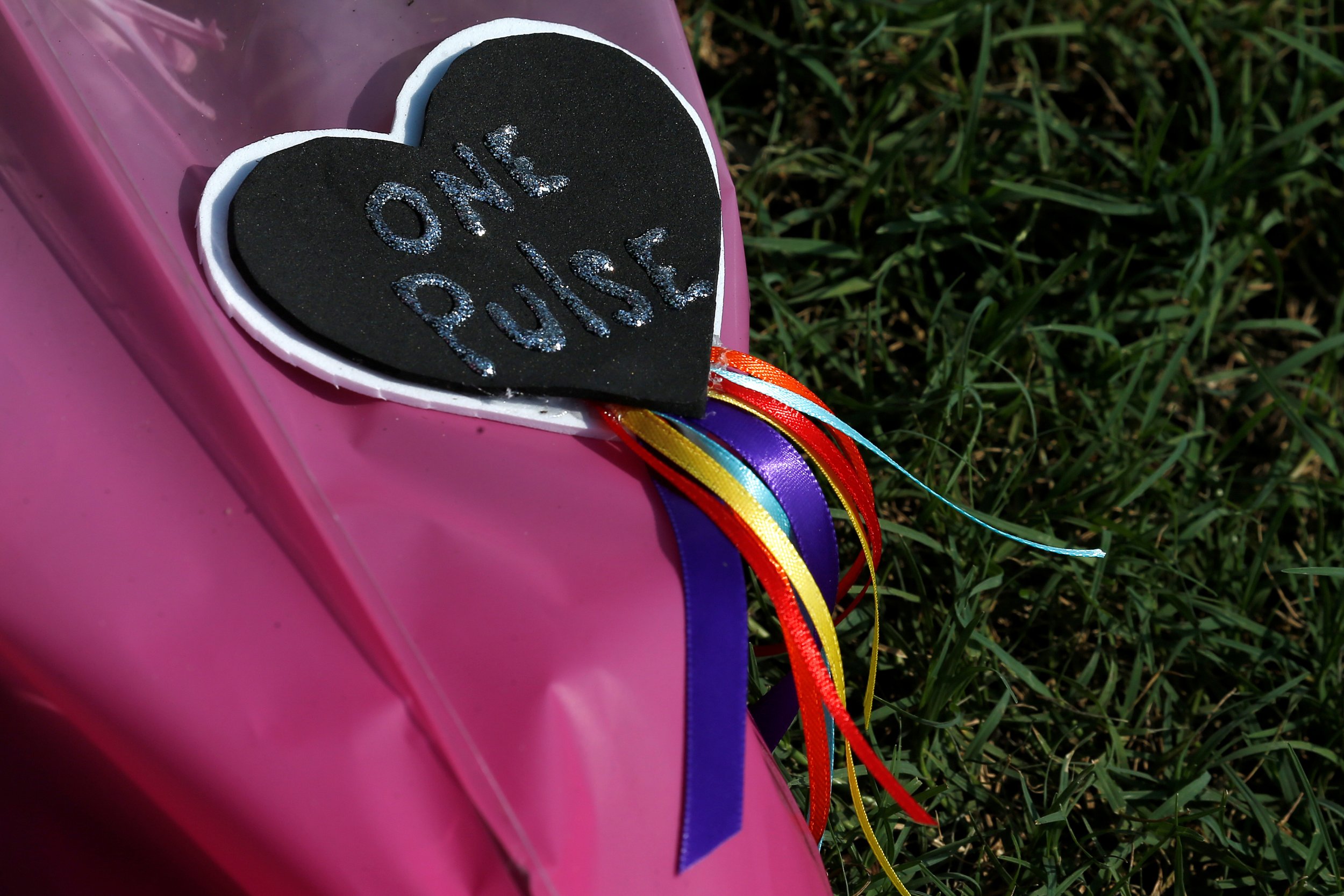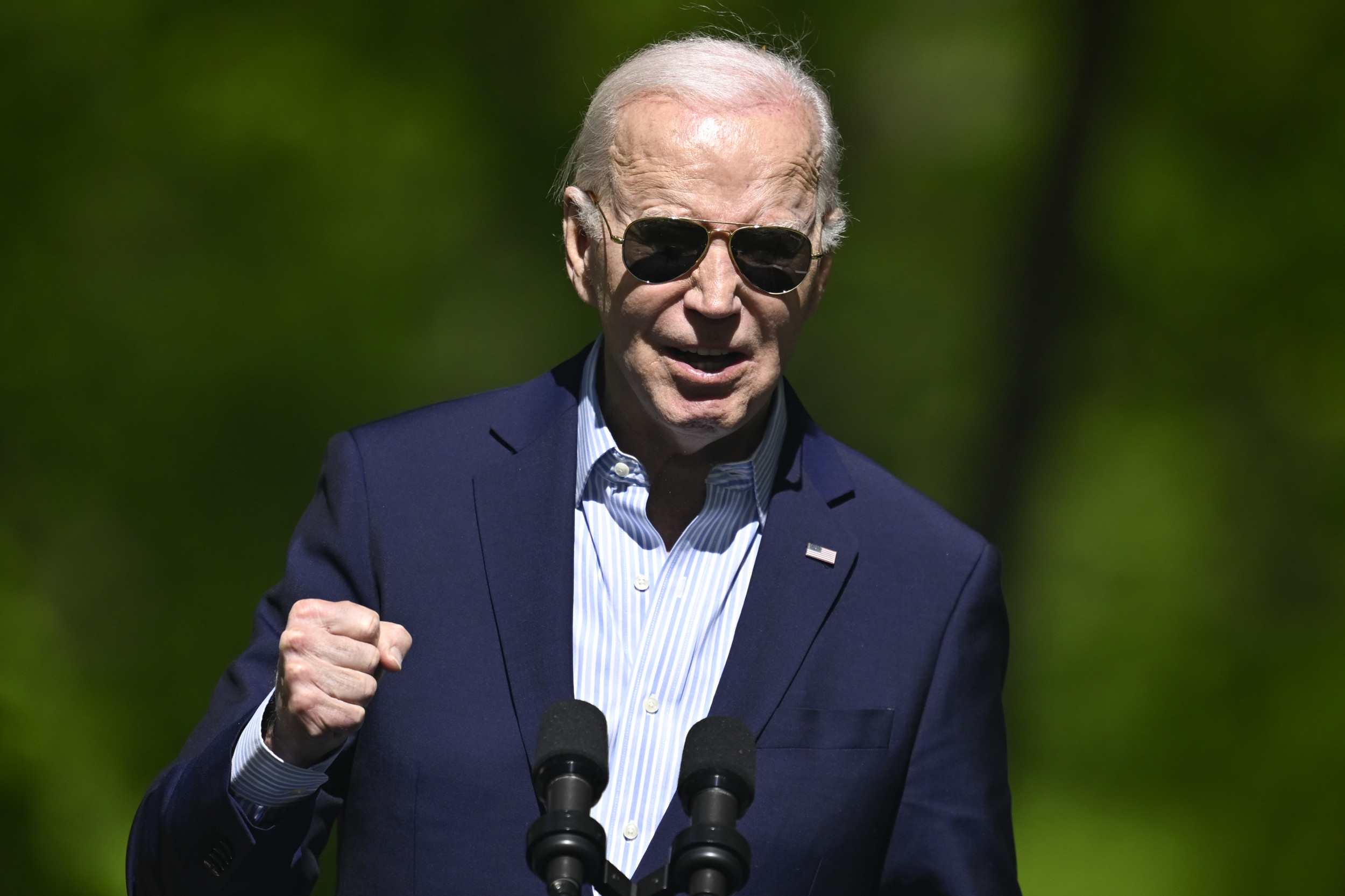
A member of the House on Thursday took a step toward lifting the decades-old ban on federal funding for gun-violence research. Current law essentially blocks the Centers for Disease Control and Prevention and all other agencies within the U.S. Department of Health and Human Services from supporting research on gun violence and firearm injury prevention.
Related: What is national concealed carry reciprocity?
The bill introduced by Representative Stephanie Murphy (D-Fla.) specifically would ensure that the CDC could sponsor evidence-based research into the causes of gun-related incidents and potential ways to reduce gun deaths and injuries. Speaking on the House floor Thursday, Murphy called her bill "a modest but meaningful step forward." She added: "What I cannot respect is any lawmaker who would seek to suppress research into gun-related incidents merely because the lawmaker fears this research could serve as the basis for legislative action that the lawmaker does not favor."
During the 1990s, the National Rifle Association lobbied Congress to limit the CDC's funding after the agency offered financial backing to a study that found a strong correlation between having a gun in the home and an increased risk of homicide. Then, in 1996, Congress passed a budget rider that has prohibited federal funding being used to study gun violence, called the Dickey Amendment. The language doesn't explicitly ban gun-violence research, but it had a chilling effect on the CDC due to the belief that Congress might cut funding entirely if the agency allocated money to related incidents.
Almost two decades later, former Representative Jay Dickey (R-Ark.), the author of the original amendment, wrote a letter speaking out against the ongoing ban. "It is my position that somehow or someway we should slowly but methodically fund such research until a solution is reached," he wrote in 2015. "Doing nothing is no longer an acceptable solution."
Murphy's hometown of Orlando was the site of the country's worst mass shooting and its second-worst terrorist attack, according to the FBI. On June 12 of last year, a gunman targeted members of the LGBT community at Pulse nightclub, killing 49.
Murphy's bill is bound to be opposed in the Republican-controlled Congress and White House. President Donald Trump took his first significant step on behalf of gun rights advocates just more than a month into his administration, when he completed the repeal of an Obama-era rule that barred certain Social Security recipients with mental health conditions from buying firearms. And on his first full day as Trump's interior secretary, Ryan Zinke earlier this month reversed a ban on ammunition and fish tackle that contains lead. Gun-rights advocates had criticized President Barack Obama's ban, saying it was hastily implemented on his last day in office and done without conversation with industry groups.
During his eight years in office, Obama often reminded Americans the mass gun violence that occurs so often in the United States doesn't often happen in other advanced countries. Among the top five wealthiest countries in the world, deaths by firearm assaults in the U.S. were more than 10 times higher than the combined fatalities in China, Japan, Germany and the United Kingdom, according to the Journal of the American Medical Association. Another study published last year showed that Americans' likelihood of knowing someone who has been shot is now more than 99 percent.
Gun-violence prevention groups, which have often looked to the states instead of the federal government to implement stricter firearms regulations, applauded Murphy's move Thursday, viewing it as essential in preventing gun violence.
Uncommon Knowledge
Newsweek is committed to challenging conventional wisdom and finding connections in the search for common ground.
Newsweek is committed to challenging conventional wisdom and finding connections in the search for common ground.
About the writer
Michele Gorman is a Newsweek political reporter, with a focus on gun policy. She previously worked at msnbc.com, where she ... Read more
To read how Newsweek uses AI as a newsroom tool, Click here.








